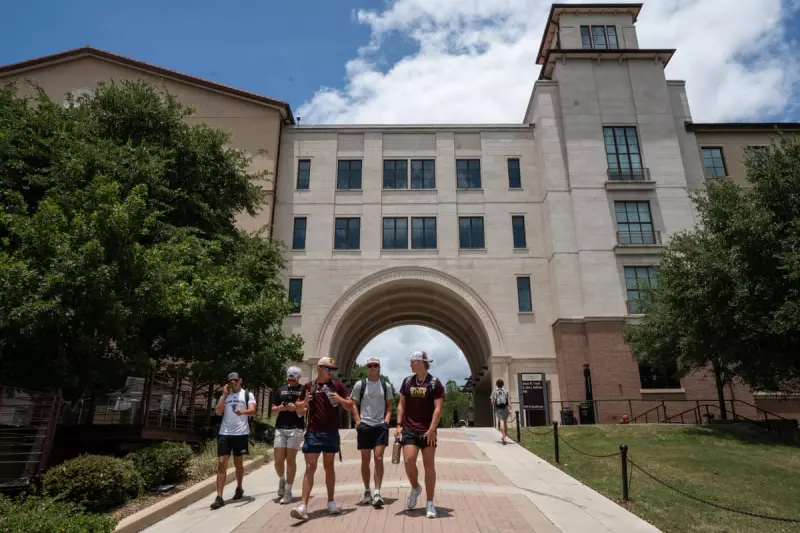
A major political firestorm has erupted in Texas after a state university made the drastic decision to expel a student for organising a peaceful vigil in support of controversial right-wing commentator Charlie Kirk.
The move by the university's administration has instantly catapulted the incident into a national debate, raising urgent questions about the limits of free speech, political tolerance, and ideological bias on American campuses.
The Incident That Sparked a National Debate
The controversy began when the student, whose identity remains protected, arranged a gathering following a campus speech by Kirk, the founder of the conservative group Turning Point USA. The vigil was intended as a show of solidarity after Kirk faced significant protests and heckling during his event.
University officials, however, deemed the vigil a violation of specific campus policies, arguing it disrupted university operations and violated rules regarding post-event gatherings. The swift and severe punishment of expulsion has left many observers on both sides of the political divide stunned.
Free Speech or Disruptive Behaviour?
The university is standing firm on its decision, stating in official communications that all student activities must adhere to strict codes of conduct designed to ensure campus safety and order. They maintain that the expulsion was a procedural necessity, not a political statement.
However, free speech advocates and conservative leaders are condemning the action as a blatant example of cancel culture and ideological persecution. They argue that expelling a student for organising a peaceful gathering sets a dangerous precedent and creates a chilling effect on conservative voices in academic settings.
A Microcosm of America's Culture Wars
This incident is far more than a local disciplinary matter; it has become a microcosm of the intense culture wars playing out across the United States. It touches on core American values:
- The First Amendment: Does the right to free speech protect such gatherings, even if they are controversial?
- Campus Bias: Are universities enforcing rules impartially, or are they silencing certain political viewpoints?
- Student Rights: What are the limits of a university's authority to police student expression?
As the story gains traction, it is being watched closely by politicians, civil liberties organisations, and educational bodies across the nation, all wary of the potential ramifications for academic freedom and political discourse.






